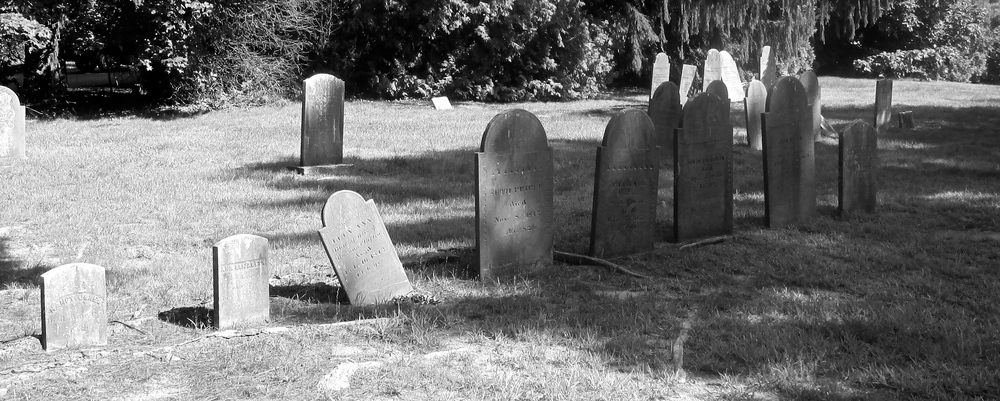0
0
1
820
4679
WPI
38
10
5489
14.0
Normal
0
false
false
false
EN-US
JA
X-NONE
/* Style Definitions */
table.MsoNormalTable
{mso-style-name:”Table Normal”;
mso-tstyle-rowband-size:0;
mso-tstyle-colband-size:0;
mso-style-noshow:yes;
mso-style-priority:99;
mso-style-parent:””;
mso-padding-alt:0in 5.4pt 0in 5.4pt;
mso-para-margin-top:0in;
mso-para-margin-right:0in;
mso-para-margin-bottom:10.0pt;
mso-para-margin-left:0in;
line-height:115%;
mso-pagination:widow-orphan;
font-size:11.0pt;
font-family:Calibri;
mso-ascii-font-family:Calibri;
mso-ascii-theme-font:minor-latin;
mso-hansi-font-family:Calibri;
mso-hansi-theme-font:minor-latin;}
by Sarah Leidhold

I heard the poetry of Andrea Gibson before I read it; and I’m not sure if that is considered cheating, like giving one’s eyes the pleasure of watching the movie before the more satisfying labor of earning the narrative through the exploration of reading. A crony of mine posted a link of her spoken word session on Facebook, making a bold statement about her brilliance. Because I respect the opinion of this friend, my fingertips instructed the mouse to click, and, as requested, I turned up the volume.
What I heard then was something I never forgot. It was Gibson’s piece, “Maybe I Need You,” about the prickling nostalgia of having your hands ache to hold someone who is entirely too gone to fathom. I myself wasn’t hurting at the time, but when heartbreak did befall my soul, I craved the sound of her rhythmic vocalizations and the piece’s exactly on point descriptions of the rollercoaster of human emotion.
I sought out her writing more and more, finding my own writing muse gaping at her creative insightfulness and begging that my words would try to mimic it. As cliché as it may sound, Gibson was my compass through a summer tangled with the dark disillusionment of love lost. And since then, I have made her my poetical goddess, referring to her when I need a wisp of inspiration or when my heart is feeling hollowed out or much too full. Last year I witnessed her reading live and I completely saturated the basins of my cheekbones with saline–crying for the incomprehensible beauty that I was witnessing.
Gibson’s book of poetry, Pole Dancing to Gospel Hymns, was published in 2008 by Write Bloody Publishing. with a new edition coming out in 2010. Featuring illustrations by Anis Mojgani, the book was awarded the DIY Book of the Year and was nominated for the Pushcart Prize. Pole Dancing to Gospel Hymns contains 26 poems, most written in free verse, with some sporadic rhyming.
Within these texts, Gibson stares into the face of the forces of evil that are cloaked in propriety or tradition in our world and gives us the gory details: patriarchy, warfare that slaughters children on US dollars (“El Mozote”), the Post-Traumatic Stress Disorder that soldiers bring home from war, mental health issues, the horror of rape, the injustice of laws that do not allow gays to marry, the wrongful assumptions of sexism, the avarice inherently interlaced with our consumer culture, and more. She dexterously contrasts the stark blackness of these horrible truths with the saving grace of much more gentler forces like forgiveness, love that spans across boundaries of gender or race, the innocence of children, the unrelenting promise of pacifism, and, above all, the power of altruism as the guiding force for human harmony.
Gibson juxtaposes two opposing images of mankind: one as a monstrosity that employs indiscriminate violence to satisfy its bottomless greed under the guise of religious convictions, and the other a creature capable of breathtakingly profound descriptions of the specificity of things, both internal and external, that make the human race such a beautiful species, one that harbors more potential for compassion than it is capable of realizing.
Gibson fleshes out images/instances of both love and hate: personifying both empty clichés about romantic relations and stark facts about the horror of war. Her poems speak with the breath of human life by painting portraits of people, things, and emotions with a crafted realism. But Gibson also whispers into the reader’s ear idealistic ideas that fill one with hope that the world can be improved, as in “See Through”:
“And Jesse this
is not just a picture [of] our history,
not just a picture of our past.
We’ve been hundreds of years
Measuring the size of their hearts
By the size of our fists,
Erecting our bliss on the broken backs of dark skin.
The present is far from gift-wrapped”
Besides being a poet, Andrea is an activist who urges us not only to be aware but also to work for change. Again, from “See Through”:
“I don’t believe we’re hateful.
I think we’re just asleep.
But when we wake we can’t call up the dead and say,
‘Sorry, we were looking the other way.’
There are names and faces behind our apathy,
eulogies beneath our choices.
There are voices deep as roots
thundering unquestionable truth
through the white noise that pacifies our ears.
Don’t tell me we can’t hear.
Don’t tell me we don’t hear.
When the moon is slain,
when the constellations disperse like shrapnel,
don’t you think it’s time
something changed?”
The title of Gibson’s collection, Pole Dancing to Gospel Hymns, suggests a rebellion against traditional principles and authorities, but not all of Gibson’s work focuses on extremes of human pain and injustice. She also has pieces that completely focus on the bliss of finding harmony in relationships, especially romantic ones, as in “Love Poem.” She also discusses the heartache of relinquished connection with another in writing that moves one’s heart.
Gibson’s writing often makes allusions to history, current events, and other literature, as well as employing metaphors and extended metaphors.
Anyone who picks up this book should prepare to be moved, to heave open one’s heart. This writer’s words have become for me the poetic equivalent of Thomas Paine’s “Common Sense”—it’s a call to arms, a pamphlet that reminds me of the necessity to rebel against the thoughtlessness that keeps the veil over our eyes in this culture.
Sarah Leidhold, an overzealous student at Worcester State University, harbors a pervasive addiction to both producing and absorbing poetry. She especially enjoys the uninhibited spilling out of inspired sentiments in the all-accepting form of free verse. More of her work can be found here.





